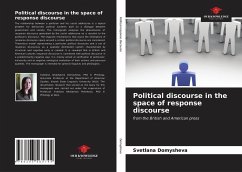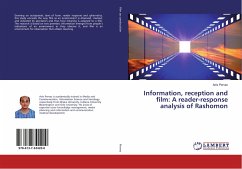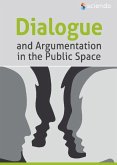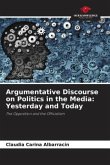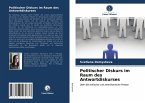The relationship between a politician and his social addressee is a topical problem for democratic political systems built on a dialogue between government and society. This monograph analyses the phenomenon of response discourse generated by the social addressee as a reaction to the politician's discourse. The linguistic mechanisms that cause the emergence of response discourse space around a certain political discourse are considered. Theoretical model representing a particular political discourse and a set of response discourses as a spatially distributed system characterized by structural and cognitive unity is created. It is revealed that in British and American cultures response discourse is connected with political discourse in a predominantly negative way: it is mostly aimed at verification of politicians' insincerity and at negative axiological evaluation of their actions and personal qualities. The monograph is intended for general linguists and philologists.
Bitte wählen Sie Ihr Anliegen aus.
Rechnungen
Retourenschein anfordern
Bestellstatus
Storno

